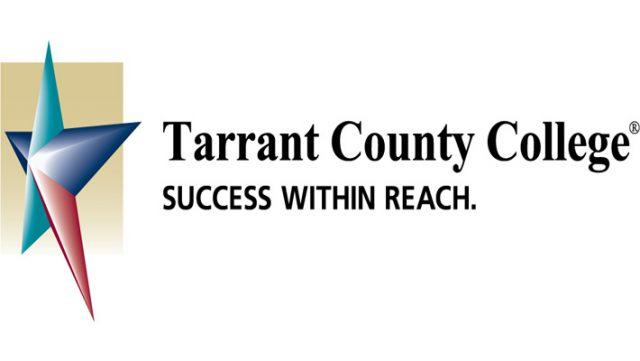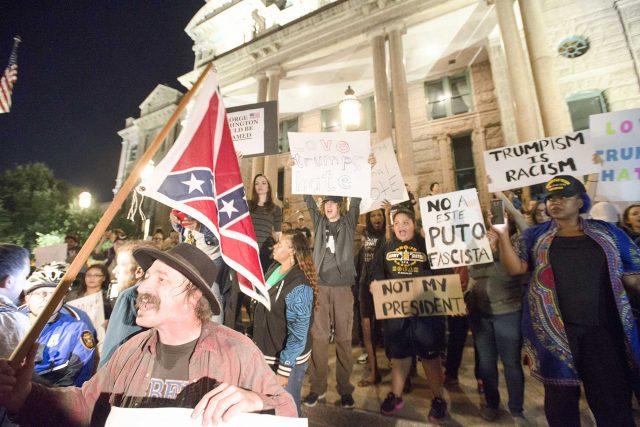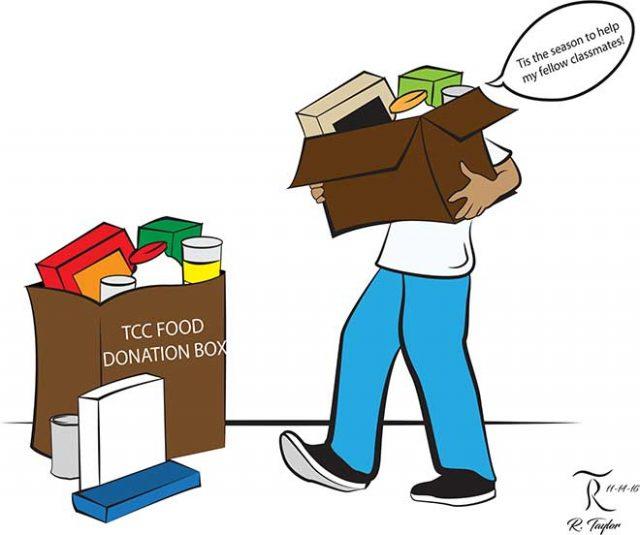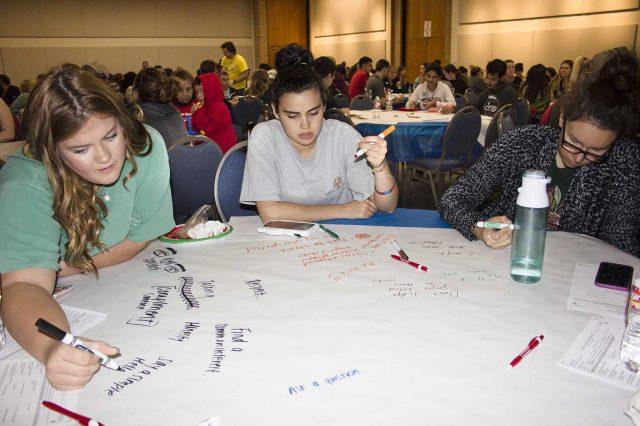Collegian staff report
Although many Americans were shocked by the Nov. 8 results of what polls predicted to be a landslide victory for Democratic nominee Hillary Clinton, NW student Chad Martin was not.
“Kind of expected it to go this way,” he said.
While many Americans believe they were voting for change, it’s really more the same, Martin said.
“I don’t think we’ll see change until we move away from the two-party system,” he said. “I think it [the election] was a big distraction for you and me.”
But as many people express their emotions over the most recent presidential election, many hope the future holds success for President-elect Donald Trump.
“I’m not too big on politics, and I don’t know much about our brand new president or what he stands for, but what I can tell you about what I would personally want to see change in the next year would be interest rates on student loans and college tuition,” SE student Emad Sharif said.
Sharif said he hopes the next president can make higher education both affordable and more accessible to people.
“We want to give ourselves a better chance to make a better future,” he said.
South student Abbey Robbins isn’t quite so sure of what a Trump presidency will bring. She supported Trump more than the other candidates but wasn’t really strongly supportive of anyone in the race.
“It really just all depends,” she said. “It is really hard to say. Who knows? Anything could happen.”
But she did expect how upset people would be at the news.
“The rioting. Just the outrage,” she said. “I could see that happening for the next year or so.”
TR student Isabel Guerrero hopes the next year will find the country in a better place with health care.
“Obamacare has caused financial hardships for the U.S.,” she said. “I hope they fix it and make it more affordable.”
Another TR student, Andrea Jimenez, said this shakeup might lead to a much-needed refocus on the most important American document.
“I think we have veered away from the Constitution,” she said. “I would like to see there be a constitutional basis for what is done going forward.”
NE student Zach Keys hopes Trump can help steer the country in an economically healthy direction.
“One thing that I do know is that Donald Trump has multiple companies that have gone bankrupt,” he said. “I want our country and economy to be financially stable.”
South student Onye Okoro was surprised with Tuesday’s results but, ultimately, isn’t scared that Trump will live up to the promises he made over the last year.
“I honestly, personally feel like he’s not going to do anything just because he says he’ll do all that stuff,” he said. “I feel like the presidency is just a face. Say you have the NFL, you have the commissioner. He’s appointed to just talk to people. That is pretty much Donald Trump. He’s not going to do anything.”
NE student Alex Rojas feels the scars the campaign has left behind and hopes Trump can realize these scars too.
“I’m acknowledging that it’s going to be hard because of the hurtful, infuriating things that he’s said,” Rojas said. “But we should give him a chance. Hopefully, he’ll change and realize this isn’t a reality TV show.”
And like most, NW student Marcey Martin, who was sharing her thoughts about the election on Facebook when approached, wants everyone to breathe and give Trump a chance.
“I hope lots of people are proven wrong about our new president,” she said. “I also hope he can kick-start our economy.”
SE student Denajja Slater hopes the end of this election can usher in a time of healing and cooperation.
“I understand being a president or in any type of government spotlight cannot be easy, but I do hope, as a country, we can accomplish things in a positive direction even if it’s very minor things,” she said, “simply because it is what we need to do as a country.”
Another SE student, Daniel Robbins, feels the same way.
“I hope that within the next year, Americans will actually open their eyes and see what has happened to this country,” he said, “that people will learn to work together and stop being addicted to conflict and divisiveness.”
And it’s in cooperation and realizing that exclusionary language only alienates people that the country can improve, Martin said.
“America used to be considered the greatest,” Slater said. “So why not hold to that and start making improvements?”


























